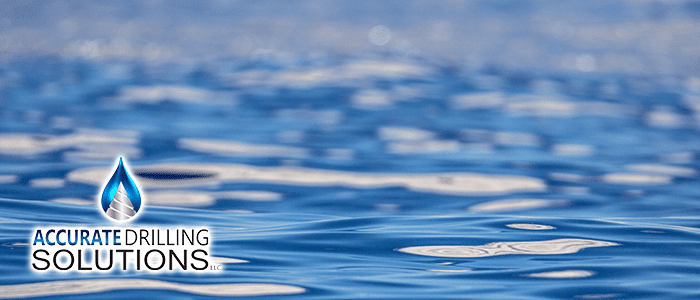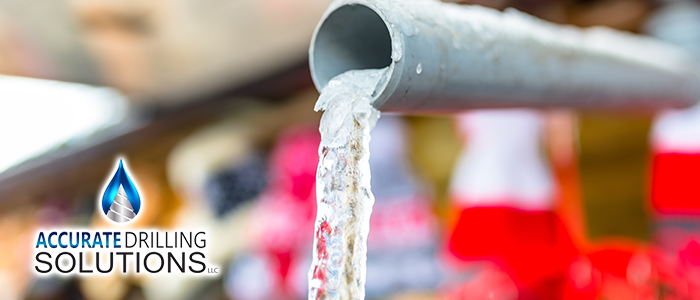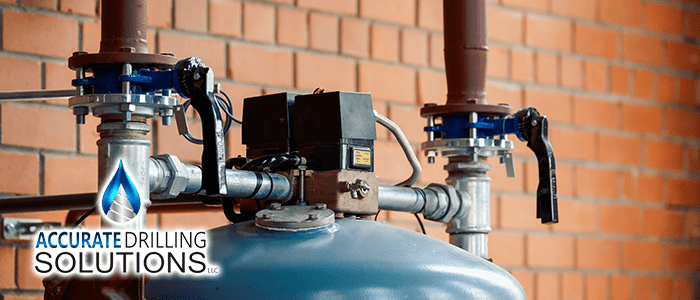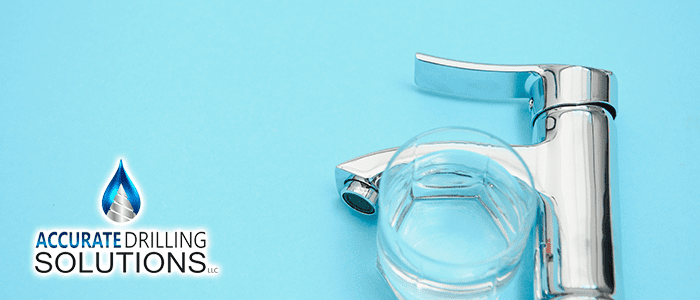
A majority of water intended for use in irrigation is instead lost to environmental factors. These include issues such as evaporation, windy conditions, bad irrigation system design, poor installation, or lack of maintenance. It is entirely plausible that a majority of irrigation waste is a result of more than one factor combined. If you are eco-friendly, the thought of losing 50% of irrigation water makes you cringe, and for good reason. There are a wide variety of eco-friendly options for homeowners who want to update their irrigation. This week, join us as we explore and explain some top tips for making your residential irrigation system more eco-friendly.
-
Do Your Irrigation System Maintenance
Maintenancing your irrigation system helps with a wide variety of issues that may arise. First and foremost, regular maintenance helps catch issues with your system early. Maintenance is something that is worth paying an expert to do. That way you truly know that everything is being checked thoroughly and properly.
The irrigation expert checks the entire system for leaks. Leakage in any pipes in your home is a huge environmental issue, but it also decreases water pressure in the system. Less water pressure means that your irrigation system is less efficient. There is an economic deficit to this too. Less efficient irrigation systems lead to an increased water bill.
Regular maintenance also double checks that the irrigation check valves are functioning. Check valves sit on the end of the system to ensure that water is not draining out of the system. Obviously, when check valves are not working, there is a massive issue with water waste.
-
Install A Rain Shut-Off Switch
Every native Floridian knows just how much it rains in our “Sunshine State”. Shut-off switches keep plants from overwatering as well as improving the eco-friendly nature of your home’s irrigation system.
Rain shut-off switches fit onto a majority of pre-existing sprinkler systems. Additionally, most rain sensors are very affordable. They range from $15 to $100 both in-store and through online retailers.
-
Establish An Irrigation System Schedule
This last tip is the best type of tip – absolutely free – all it requires is some thought process and planning. Watering during the day is a huge waste of water because the sun and heat lead to a majority of the water evaporating. In fact, most of the water evaporates before it can even touch the plants. This rapid evaporation actually gives the plants the equivalent of a sunburn and kills them quickly.
Instead of watering during the day, homeowners should water at dawn. The early morning irrigation prepares the plants for the warm and sunny day ahead of them. Watering at night leads to fungus and bacteria growth due to the water just sitting on the plants.
continue reading
Related Posts
Tampa Well Water Quality: Your Complete 2025 Guide Well water
Addressing Water Pressure Issues in Wells: Expert Solutions Water pressure
Benefits of Water Filtration Systems for Well Owners in Central





